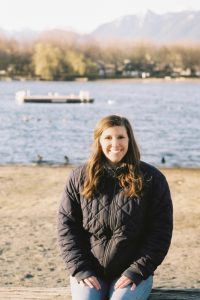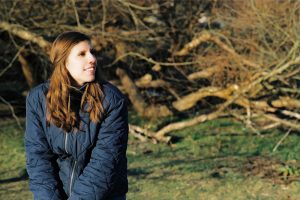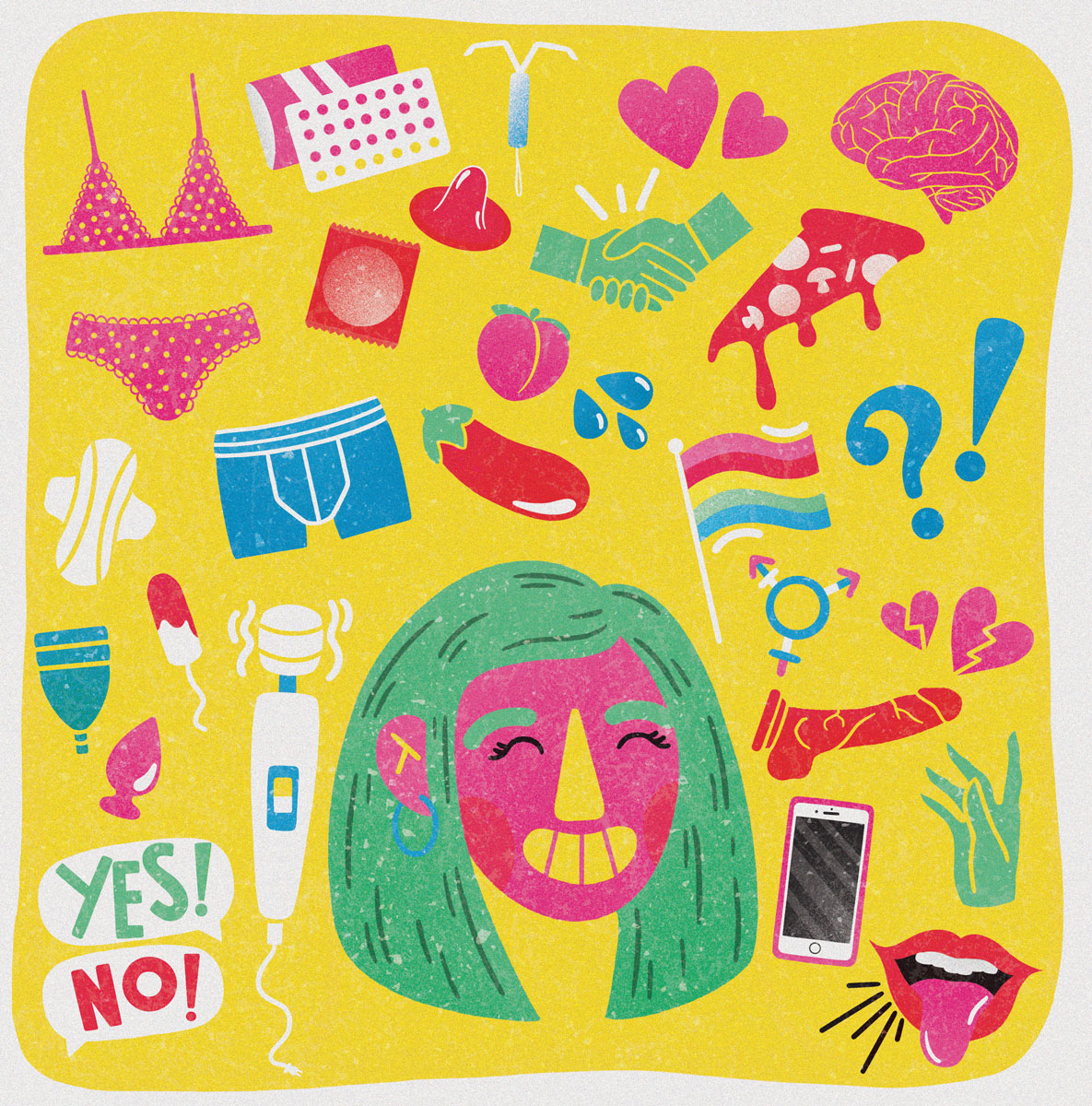I haven’t had a sex education lesson since I was roughly 14 — I don’t remember them well, but I can tell you they weren’t like this. Dee Stacey and I go for a Sunday afternoon sangria and I laugh, gasp, and overshare. I listen back to the recording and realise how quickly I had redefined terms I thought I knew — everything Dee said seemed to make more sense.
Such things as, safe sex is about more comfortable, more enjoyable, more pleasureable sex. Yes, you still need to use a condom if you’re having a kind of sex that requires it, but there are ways of having sex that don’t put you at risk of pregnancy. In fact, there are many ways to have sex that your sex-ed teacher definitely didn’t tell you about.
Dee Stacey is a sexual health educator currently working freelance in schools and for an organisation called Real Talk. They got a BA in Psychology at UBC, and went on to train with Options for Sexual Health (BC’s equivalent of Planned Parenthood). Dee tells me how their experience working as a highschool youth worker helped build her syllabus, which includes far more nuanced lessons than baby-making. We talk about the sex-ed I received from ill-equipped and awkward science and P.E. teachers, teachers whom you feel uncomfortable in the company of anyway — made worse by words like “penetrate.” Gender is another conversation that comes up a lot in the classroom. Dee starts the class by writing their name on the board, followed by their preferred pronouns: she/they. This speaks to the people that need to hear it, and often, those people will approach her after class. It’s funny — but not surprising — to hear that a concept as complex as gender is a much easier conversation with second graders than seventh graders, as they can be more open.

Consent is another topic I don’t remember coming up in my highschool lessons. This is a hot topic with the ninth graders they teach, Dee tells me, “The kids will ask, how do I know if this girl wants to make out with me? I can’t just ask that.’ If you feel like you can’t have these conversations,” she asserts, “maybe you’re not ready.”
Working with a diverse pool of people means that Dee is often faced with conflict, “when you’re interacting with someone who’s misogynistic… or someone who is super homophobic, you have to speak up,” Dee notes, asserting that boundaries are important, but everything can be a teachable moment. Adversity, afterall, is exciting in the classroom and it promotes conversation. Although most of what she teaches is science-based, learning with Dee isn’t about being right or wrong — in instances where you can’t understand another’s perspective, it’s about respecting that you don’t understand, and just being kind.
Dee provides their workshop attendees with the tools to make their own decisions. It is a challenge, for example, to teach that a big age-gap is a red flag, while reinforcing sex positivity and promoting choice. Dee also tries to avoid making people scared of the internet and strangers, but is there to offer information if you’re going to go down that road. She speaks of her own mistakes as lessons, and understands that while sometimes we need to make our own mistakes, knowledge is power. Through these workshops, she can help people make those safer choices themselves.

Dee works for an organisation called Real Talk, which hosts monthly “Pizza Parties” — a meetup offering sex-ed to people with a range of cognitive disabilities. “Pizza parties are really empowering.” Dee explains, “People’s perceptions of what they deserve in life change in a 2 hour sitting.” This is powerful and inspiring, and proof that Dee’s brand sex-ed works. Prior to Pizza Parties, there was little support for people with diversabilities and limited access to sexual health advice. Advice — instead of education — was given ad hoc by family members and carers, and in the absence of inclusive spaces, vulnerable populations become even more so. In the many cases where disabled folx experience sexual abuse, it is from their support staff, thus Real Talk hosts workshops for family members and the support staff of attendees. It creates a sustainable support system and promotes healthy conversations, and healthy sex lives.
Unlearning is hard, and if we all received the kind of education Dee is offering from the outset, the world would undeniably be having better sex.
Check out: www.sexualhealthwithdee.com or follow her @sexualhealthwithdee


